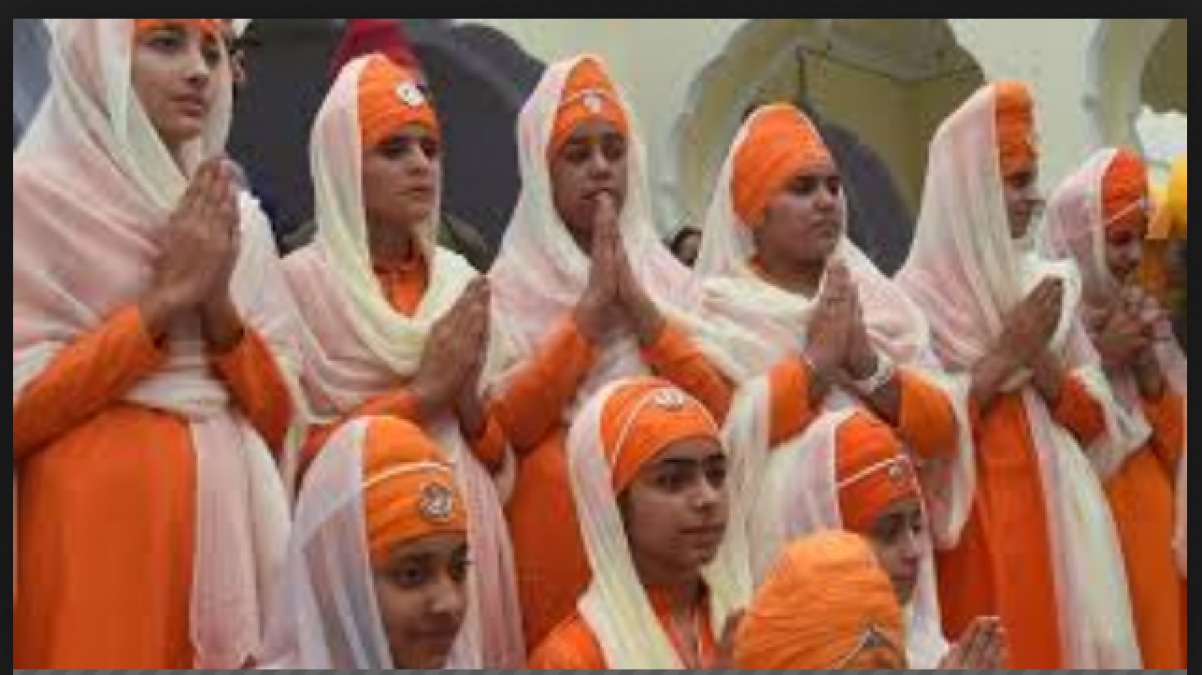
Many faiths set aside a particular day set for worship or meet on a significant day. For example, Islam observes prayers five times daily. Muslims generally congregate in the mosque on Friday. Judaism observes Saturday as the Sabbath, or day of rest, as mentioned in the Ten Commandments. The Jewish Sabbath begins at sundown on Friday and lasts through sundown on Saturday. Christianity generally practices meeting in church for worship on Sunday. However, Protestant Seventh Day Adventist keep the seventh day Saturday as Sabbath.
Sikhs do not observe a Sabbath. Sikhism does it set aside any special day for worship nor does it have a particular day of rest. In fact, Sikhs stay busy, either actively worshiping, or performing seva and selflessly serving the Sikh community. The remainder of the time is spent working to earn an honest living.
Every Day Is a Day of Worship in Sikhism
Worship for Sikhs takes place every morning and evening in the form of meditation, prayer, singing of hymns and reading scripture of the Guru Granth Sahib. Daily worship services make take place communally, or individually, whether in a gurdwara, in a communal living situation, or in a private home. Most gurdwaras in Western countries hold Sunday services, not because of any particular significance, but because it is a time when most members are free from work and other obligations. Gurdwaras with a resident attendant to care for the Guru Granth Sahib hold morning and evening worship services every day.
Guru Arjun Dev, Sikhism's fifth guru, wrote:
"Jhaalaaghae outh naam jap nis baasur aaraadh"
"Rise in the early morn, recite the name, day and night worship in adoration." SGGS||255
Worship services begin at Amritvela between midnight and dawn and last until mid-morning. Evening services begin at sunset and conclude between sunset and midnight.
also read Vastu Tips related to Worship room and its importance
also read Ekadashi fast: Know the Apara Ekadashi fast importance and rituals